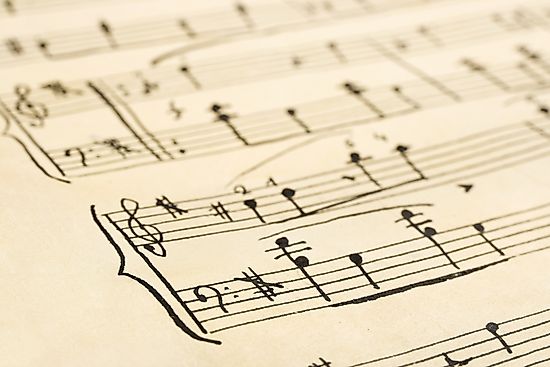NATIONAL ANTHEM: The Longest and the Shortest Anthems in the World

Did you know that while Uruguay has the longest national anthem (sang in about four-and-a-half to six minutes), the island nation of Japan has the shortest national anthem with just four lines?
The National Anthem of Uruguay (Himno Nacional de Uruguay) also known by its incipit "Easterners, the Country or the Tomb" (Orientales, la Patria o la Tumba), is the longest national anthem in terms of duration with 105 bars of music. When performed in its entirety, the anthem lasts about four-and-a-half to six minutes, although nowadays only the first verse and chorus are sung on most occasions, such as before sporting events.
Its martial lyrics are by the Uruguayan poet Francisco Acuña de Figueroa, who also wrote the lyrics for Paraguay's national anthem, "Paraguayos, República o Muerte". The lyrics were officially declared the national anthem in July 1833.
Several proposed musical settings failed to gain public support. The Rossini-inspired music that eventually became universally associated with the anthem was composed by the Hungarian-born composer Francisco José Debali, with the assistance of Fernando Quijano, a Uruguayan actor and musician. A few days after the first performance in July 1845, Debali's score was officially recognized as the music for the anthem.
As with other South American national anthems, the music was inspired by the local popularity of Italian opera. It includes several references to La Cenerentola and other operas by Rossini, as well as a direct musical quotation from Lucrezia Borgia by Gaetano Donizetti. The French composer Camille Saint-Saëns is sometimes erroneously credited with having composed the music: although he was requested to write a hymn to celebrate the national independence day, but his composition never became the national anthem.
In terms of anthems, however, of all the countries spread across planet Earth, the nation with the shortest (and one of the oldest) national anthems belongs to the island nation of Japan. Officially referred to as “Kimigayo”, the title of this four line anthem can be translated to “His Imperial Majesty's Reign”.
The Empire of Japan used “Kimigayo” as its official national anthem during the years 1888 to 1945. After the end of World War II and following the surrender of Japan, the new State of Japan was established. Kimigayo then took on the status of becoming the de facto national anthem until the official Act on the National Flag and Anthem took place in the country during 1999. This formal act served to officially establish “Kimigayo” as Japan’s sole national anthem on August 13, 1999.
Kimigayo also has the distinction of being one of the oldest national anthems in the world. Breaking it down, Kimigayo has a total of 32 characters and runs a length of eleven measures. In accordance to Japanese law, no translation of either the title or lyrics is allowed by law.
The origin of its lyrics can be traced all the way back to a Japanese waka poem which is thought to have been written sometime in the Heian period between the years of 794 and 1185. The music for “Kimigayo” was written by Yoshiisa Oku and Akimori Hayashi and in 1880 the harmony was composed by German musician Franz Eckert.
Even though the anthem has been met with much controversy over the years, in terms of its actual lyrics the five lines which make up the musical piece are rather simple when translated into English. An example of this can be found in Christopher Hood’s 2001 text Japanese Education Reform: Nakasone's Legacy, in which Japan’ anthem is translated to, “May your reign/ Continue for a thousand, eight thousand generations/ Until the pebbles/ Grow into boulders/ Lush with moss.” The mention of “your reign” is a reference to the Emperor of Japan.
According to the website, national-anthems.org, the original source material used to create the Japanese anthem comes from a 9th century poem collection of Kokinshu. Translated as “Collection from Ancient and Modern Times” Kokinshu was a Japanese poetry anthology put together in 901 by Ki Tsurayuki under orders from the King. Although the words date back in history, the music is said to have been composed by Oku Yoshiisa (1858-1933). If one were to translate the title of "Kokinshu", Japan’s official anthem, it would simply mean 'The Reign of Our Emperor'.
SOURCES: Wikipedia | World Atlas
#penglobalfactfile #NationalAnthem


_1755775186.jpg)
